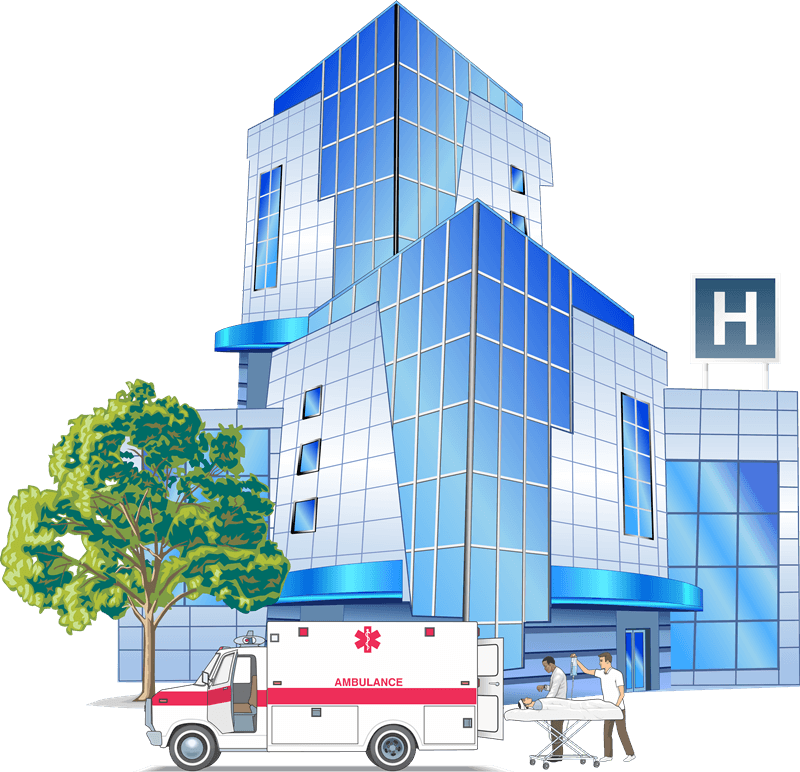 Ever consider why the ability to practice at a hospital is considered a “privilege” and not a “right”? That is because the hospital granting those privileges has broad discretion to grant, modify, suspend, or revoke those privileges. They are privileges, not rights, because the hospital has a duty protect itself and its staff and patients from the risks of the willful or negligent act of is medical staff. The granting or refusal of privileges is therefore a duty of the hospital. If the hospital fails to carry out that duty in an appropriate manner, it can be subject to liability for negligent credentialing. Because of this, the hospital’s actions in granting, modifying, suspending, or revoking privileges receive deferential treatment at any subsequent level of review, whether at a hearing, on appeal, or in subsequent litigation.
Ever consider why the ability to practice at a hospital is considered a “privilege” and not a “right”? That is because the hospital granting those privileges has broad discretion to grant, modify, suspend, or revoke those privileges. They are privileges, not rights, because the hospital has a duty protect itself and its staff and patients from the risks of the willful or negligent act of is medical staff. The granting or refusal of privileges is therefore a duty of the hospital. If the hospital fails to carry out that duty in an appropriate manner, it can be subject to liability for negligent credentialing. Because of this, the hospital’s actions in granting, modifying, suspending, or revoking privileges receive deferential treatment at any subsequent level of review, whether at a hearing, on appeal, or in subsequent litigation.
When a physician is faced with a potential threat of future action against his/her medical staff privileges, the physician should take immediate notice and action. Such a threat is frequently because of a slow-brewing storm built on multiple components. Whether the issue is disruptive behavior, quality concerns, administrative leadership changes or a backdrop of other political influencers, recognizing the issue and addressing it early is the best way to avoid a full-blown attack on your medical staff privileges and the need to defend yourself in a formal hearing process.Continue reading



 By:
By: